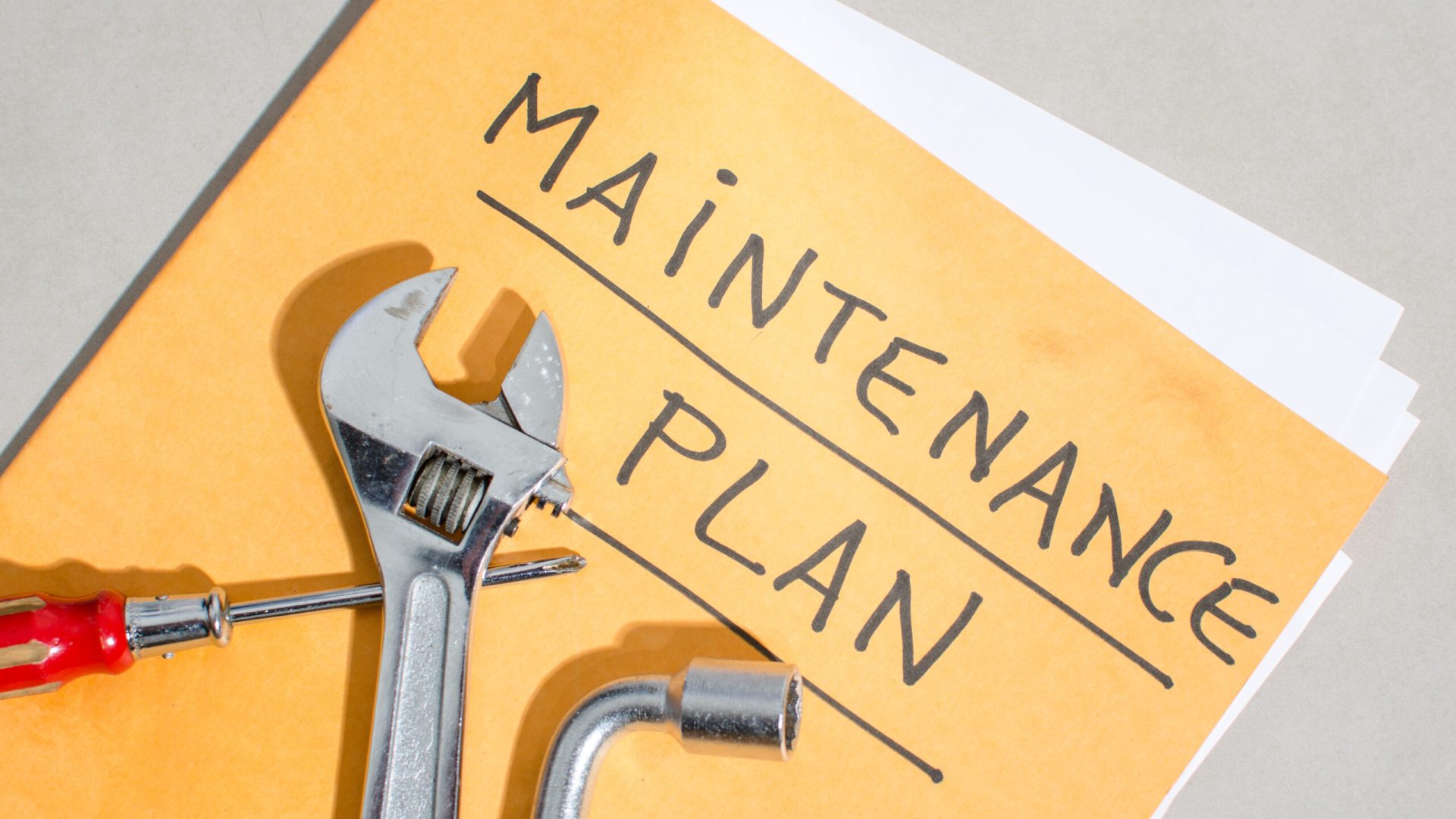What is the Best Property Maintenance Strategy?
An effective maintenance strategy is crucial for maintaining and scaling your property management business. While most property management companies have a strategy in place, many rely too heavily on a reactive approach—addressing issues only after they arise.
At Property Meld, we’ve learned from countless conversations with property managers that this reactive mindset is common but costly. Leading property management companies are breaking away from this pattern by adopting preventive maintenance strategies that anticipate and address issues before they become major problems.
Ready to upgrade your maintenance strategy? Request a demo and see how Property Meld can transform your operations.
Why Preventive Maintenance Is Essential
Preventive maintenance stands out as the most effective approach for several reasons:
- Enhanced Resident Experience: Proactive maintenance reduces disruptions, keeping residents happier and more likely to renew their leases.
- Cost Savings: Addressing small issues early prevents costly emergency repairs.
- Efficient Workflows: Maintenance can be scheduled during slower periods, lowering labor costs.
- Increased Owner Satisfaction: Fewer unexpected charges lead to better owner retention.
- Reduced Burnout: A steady workload for technicians prevents stress during peak seasons.
Understanding the 3 Types of Maintenance Strategies
- Reactive Maintenance:
- This approach focuses on repairs only after a problem is reported.
- While common, it often leads to higher costs, inefficiencies, and resident dissatisfaction.
- Predictive Maintenance:
- Uses data analysis and inspections to predict potential issues before they arise.
- Requires consistent scheduling, monitoring, and the right tools to be effective.
- Preventive Maintenance:
- Involves regular, planned maintenance tasks to prevent issues entirely.
- Saves money, reduces stress, and improves resident and owner satisfaction.
Is Your Maintenance Strategy Working?
If you’re operating reactively, you’re likely facing inefficiencies and higher costs. To assess your current strategy, ask yourself:
- Are you paying for frequent emergency repairs, especially during peak seasons?
- Do you have a routine schedule for maintenance checks and repairs?
- Is your technicians’ workload manageable, or does it fluctuate significantly?
- Are critical repairs, like HVAC fixes, taking more than three days during high-demand seasons?
- Are property owners unhappy with unexpected maintenance costs?
If these questions resonate with your current situation, it’s time to consider a shift toward preventive maintenance.
Assessing Your Current Maintenance Strategy
If you’re only addressing issues as they arise, you’re likely operating with a reactive maintenance strategy. To evaluate and improve your current approach, consider these questions:
– Do you frequently incur costs for emergency repairs, especially during peak seasons?
– Do you have a schedule for routine maintenance checks and repairs?
– Is your technician’s workload consistent, or does it fluctuate significantly?
– Does it take more than three days to complete HVAC repairs in summer?
– Are your owners dissatisfied with unexpected maintenance charges?
Take this brief survey to audit your current maintenance process, and identify room for improvement.
The Benefits of Preventive Maintenance
Implementing a preventive maintenance strategy can significantly enhance your property management operations. Here’s why it’s beneficial:
Extended Equipment Lifespan: Regular maintenance ensures equipment operates efficiently, potentially extending its lifespan and reducing premature replacements.
Reduced Operating Costs: Well-maintained systems use energy more efficiently and require fewer major repairs.
Increased Resident Satisfaction: Fewer disruptions lead to happier residents.
Preserved Property Value: Consistent maintenance helps maintain or even increase the property’s value.
Optimized Budgeting: Planned maintenance allows for better budget management with predictable costs.
Improved Operational Efficiency: Proactive maintenance minimizes disruptions to daily operations.
Better Asset Management: Tracking maintenance activities provides valuable data for future planning and investment decisions.
Consequences of a Reactive Maintenance Strategy
Relying solely on a reactive approach can have several drawbacks:
Increased Repair Costs: Unplanned repairs are often more expensive and can strain budgets.
Resident Dissatisfaction: Frequent disruptions from unexpected repairs can lead to lower satisfaction and higher turnover rates.
Operational Inefficiencies: Without a proactive approach, you may face higher operational costs and increased vacancy periods.
If you’re experiencing these issues, our survey can help you evaluate your maintenance strategy.
How to Audit Your Maintenance Process
To effectively audit your current maintenance strategy, follow these steps:
Review Records: Examine maintenance records, including schedules and historical data.
Analyze Patterns: Identify patterns and trends in maintenance tasks to assess the effectiveness of your preventive measures.
Evaluate Costs: Compare maintenance expenses with outcomes to determine cost-effectiveness.
Benchmarking: Assess your strategy against industry standards.
Response Times: Check if response times to reported issues meet acceptable standards.
Gather Feedback: Obtain insights from residents and maintenance staff.
Update and Improve: Regularly update your maintenance plan and incorporate technology to streamline processes.
Sustainability: Adopt eco-friendly practices and energy-efficient technologies.
Take this brief survey to audit your current maintenance process, and identify room for improvement.






